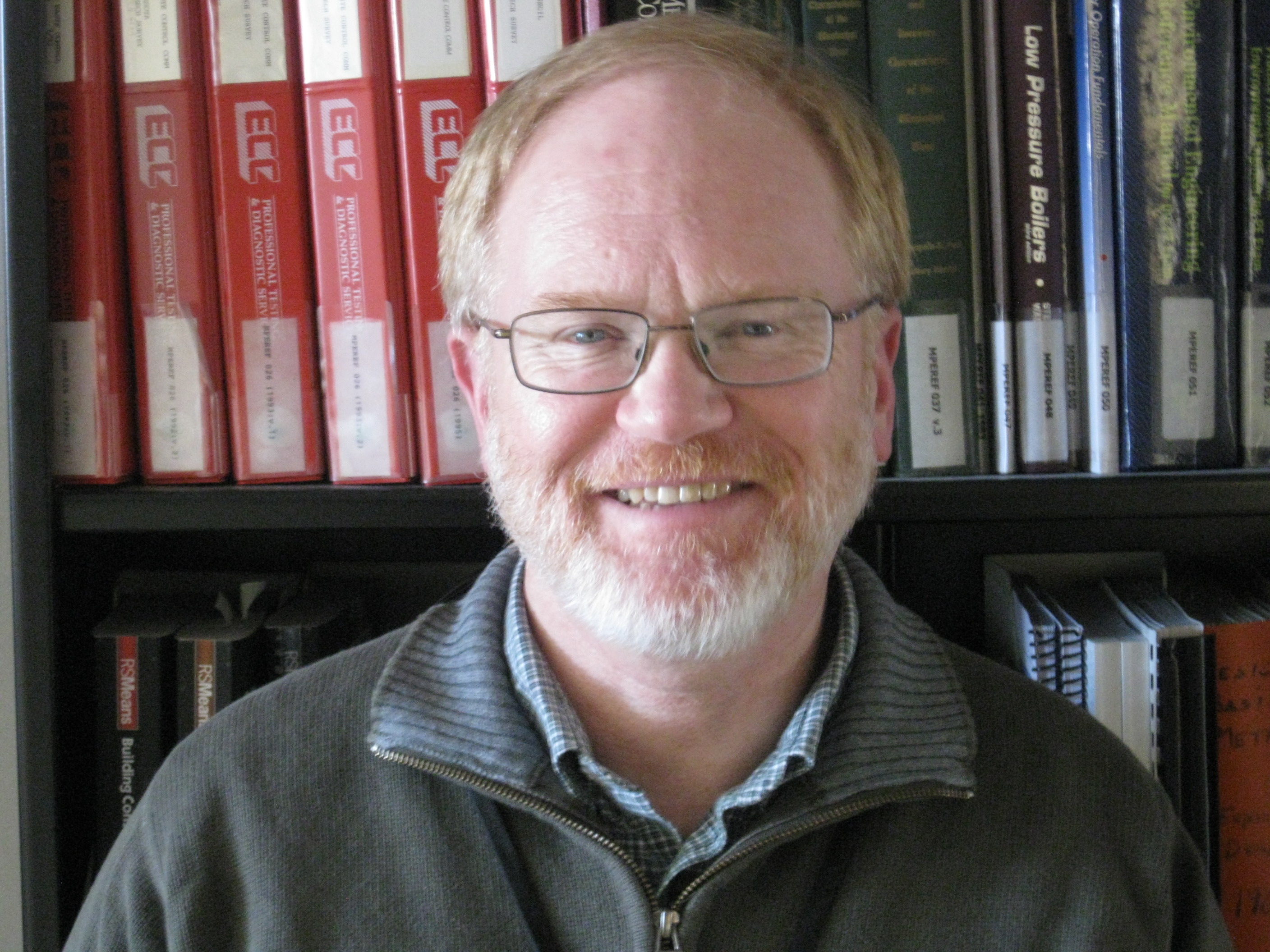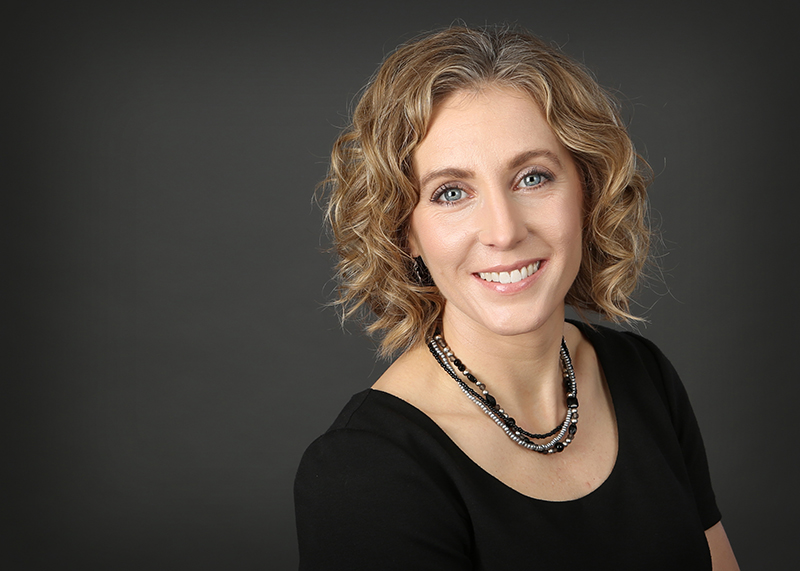Both of us frequently attend the WEF Residual and Biosolids Conference, and we’ve always found the attendees and atmosphere foster discussion, sharing, and collaboration among this dedicated group of enthusiastic professionals, and we’re sure this year’s conference will continue the tradition.
It was a great experience working with the Program Steering Committee to develop this year’s program. We began by developing a conference theme of “Creative Approaches to Managing Biosolids in an Uncertain Future.” Key ideas behind this theme were:
(1) helping attendees get information to address the uncertainty of what the future holds for biosolids programs, and
(2) emphasizing case studies that share success stories using new and creative approaches to residuals management.
It became clear early in our planning discussions that per- and polyfluoroalkyl substances (PFAS) was an issue that fell under the first idea, and we worked to get meaningful and useful content related to PFAS into this year’s conference. With regards to PFAS, the conference includes:
• Pre-conference Workshop D: Communicating about Emerging Contaminants in Biosolids (with a focus on PFAS)
• Opening General Session presentations by leading experts
• A full session on the topic, Session 01: The Science of PFAS, with five technical presentations addressing the range of topics from fate in the environment to treatment alternatives evaluations.
Given the importance and potential impact of PFAS on biosolids programs, we are really looking forward to getting better informed on this issue.
With regards to the second idea, the program includes sessions dedicated to case studies of successful approaches to residuals management (such as Session 02: Biosolids Management Success Stories) as well as sessions focused on utility success stories on specific topics. The examples are too numerous to list, but you can check out the technical program for details.
The workshops and technical sessions include a blend of new information on the optimization of existing processes and information on new, developing technologies. We are particularly excited about a few select opportunities-- attending the workshop and two technical sessions on dewatering-related issues (George) and the sessions on master planning and economic drivers for digestion (Anna).Those with similar specific interests in other topics (e.g., energy recovery, nutrient recovery, drying, thermal processes, and many others) will find excellent technical sessions and an Exhibition Hall with relevant vendors to explore those topics and learn the latest.
Following our emphasis on case studies and success stories, this year’s conference includes two facility tour options. Both these tours provide the opportunity to visit highly successful biosolids management and energy recovery facilities and discuss the keys to those successes with the people who achieved them.
And, in addition to the reasons above that we are looking forward to this year’s conference, we are also excited by the chance to share stories and exchange information with friends and colleagues who are similarly passionate about biosolids topics. Hope to see you there!



 Anna Munson is a senior wastewater engineer with Wenck Associates. She serves municipal and industrial clients through technology assessments, development of alternatives for system improvements and wastewater and drinking water system design. She has in-depth experience with wastewater solids and digester gas systems to support resource recovery. Anna is a licensed professional engineer in Minnesota and a graduate of the University of Wisconsin-Madison and the University of Washington. She is very involved in the WEF Residuals and Biosolids Committee and her WEF Member Association, the Central States Water Environment Association.
Anna Munson is a senior wastewater engineer with Wenck Associates. She serves municipal and industrial clients through technology assessments, development of alternatives for system improvements and wastewater and drinking water system design. She has in-depth experience with wastewater solids and digester gas systems to support resource recovery. Anna is a licensed professional engineer in Minnesota and a graduate of the University of Wisconsin-Madison and the University of Washington. She is very involved in the WEF Residuals and Biosolids Committee and her WEF Member Association, the Central States Water Environment Association.